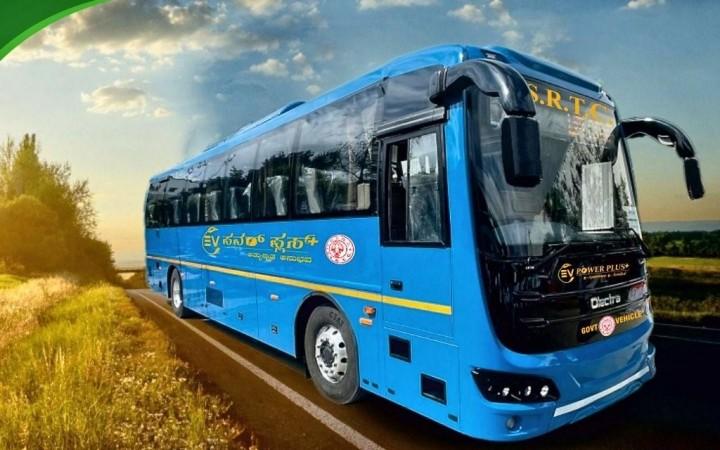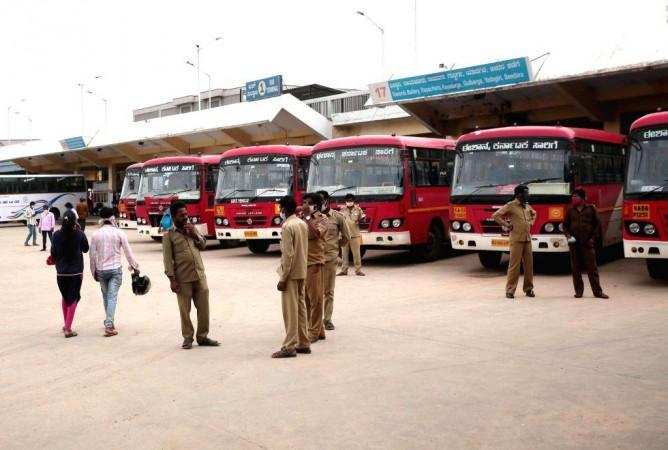The Karnataka State Road Transport Corporation (KSRTC) will begin plying its much-awaited electric bus services between Bengaluru and Mysuru from Monday, January 16. Named 'EV- Power Plus', this is the first state-run intercity electric bus service in Karnataka.
The project is being implemented under phase two of the 'Faster Adoption and Manufacturing of Hybrid and Electric vehicles' (FAME-2) initiative by the central government. It follows the induction of 100 electric buses by the state, which were launched for service under the Bengaluru Metro Transport Corporation (BMTC) within Bengaluru.

Know all about ticket prices, bus specifications
According to KSRTC, 12 buses will start running on this route initially, while the number of buses will be increased in a phased manner. At Rs 300, these buses will cost lesser than the currently operational multi-axle AC buses, which charge Rs 330 on this route. In addition, the non-AC KSRTC bus tickets will be priced at Rs 240. Passengers will be able to book tickets for the bus on the KSRTC website.
The new buses will be equipped with CCTV cameras, LED lights and emergency panic buttons. They will also have 43 cosy push-back seats and USB charging spots for the ease of passengers. TV and infotainment systems have also been fitted in the bus.
They have mechanisms to allow unaided entry of wheelchairs and once fully charged, they will be able to run up to 300 km. The work to install charging stations on the route has also been completed.

Manufactured by Hyderabad-based Olectra Greentech Ltd, these buses are expected to reduce the travel time from Bengaluru to Mysuru to 90 minutes after the expressway between the cities comes into operation in February.
The responsibility of operating and maintaining the buses rests with Olectra, while KSRTC will deploy conductors for it.
The KSRTC is also looking to soon deploy e-buses from Bengaluru to Madikeri, Virajpet, Davangere, Shivamogga and Chikkamagaluru. KSRTC said in a statement recently that electric bus services will be announced between the capital city and small towns in the future. The state is looking to convert the whole fleet to electric by 2030.

















